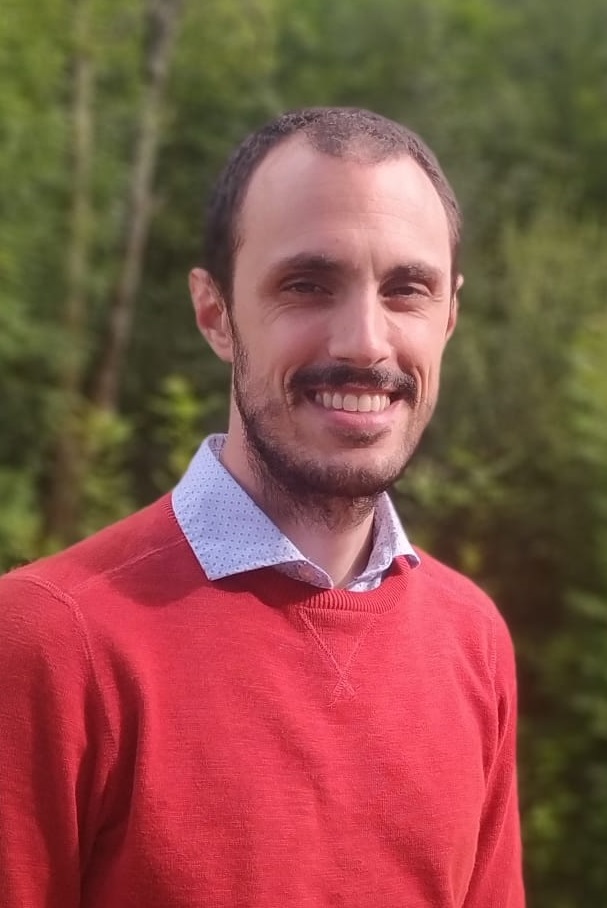Iban Onandia
University of the Basque Country. Spain
New areas of exploration and differential diagnosis of ADHD
Attention-Deficit/Hyperactivity Disorder (ADHD), due to its characteristic heterogeneity, is increasingly demanding the participation of multidisciplinary teams that take into account all the areas in which their knowledge and research are progressing. And, although we have been researching for 20 years in the area, even today, there are new elements that are emerging in the diagnosis and intervention of this disorder. Thus, we know that, in our country, 25% of children suffer some type of abuse or mistreatment in childhood, and that, as a consequence, some of these develop a post-traumatic disorder or a complex developmental disorder. Therefore, it is essential to advance in the discernment between ADHD and a disorder of this type, as, in addition in many cases, these events will not be explicit and/or verbalized by the minor. On the other hand, it is essential to resolve the relationship of ADHD with transdiagnostic elements, such as Slow Cognitive Tempo, to determine whether the two disorders will be overlapping or even comorbid and to understand the psychopathological and cognitive mechanism through which they are related. It is, therefore, necessary to advance in the knowledge of the differential diagnosis between the two. Another area that promises to contribute to the knowledge of evaluation and intervention in ADHD is psychophysiology, where electroencephalographic markers and endophenotypes represent a promising tool. Finally, we still need to fully characterize the amalgam of phenotypes that can occur, considering that the discovery of the distortion in the temporal estimation as a core symptom of ADHD is very recent, with all the derivatives that this will entail. However, we must know about this deficit and its characterization, to promote better clinical management in the evaluation and intervention of this disorder.
CV
Iban Onandia H. is a Doctor in Clinical and Health Psychology and holds a Master’s Degree in Mental Health and Psychological Therapies (both from the University of Deusto). He also is associate professor at the UPV / EHU since 2015 and Collaborating Professor at the UOC, VIU and UNIR. He works as a psychologist and clinical neuropsychologist since 2008 in various centers and hospitals. Dr. Onandia has been Technical Advisor for AHIDA (Bizkaia ADHD Association) and has held various professional functions for EUSARGHI (Basque Federation of ADHD Associations) for more than 10 years, in addition to giving a multitude of conferences, directing workshops for parents and children and adolescents, group therapies, prevention workshops for preschoolers, etc. In addition, he was director and Principal Investigator of the “Project for Research and Follow-up in ADHD and Related Disorders” (PISTTA) at the national level. In all these years, in addition to being the manager of the Amorebieta Psychology Cabinet where he leads a team of 7 multidisciplinary professionals, he has been a validator of some well-known tools (WMS-IV, NEPSY-2, WPSSI-IV, BYI-II, ECM, BASC-3, Vineland, D2-R, FCR-R …). He is the author of the book “Neuropsychological Assessment of attentional processes” and of around 40 scientific publications, some of them in high impact journals. He is currently an internship tutor for university students from a dozen universities and has directed around 200 theses, TFM and TFG, given around thirty symposia, talks, courses and conferences in very diverse areas such as cognitive impairment and dementias (line of his thesis and research of the Research Group in “Neurochemistry and Neurodegeneration”, classified as type A by the Basque Government), neurodevelopmental disorders, etc.

